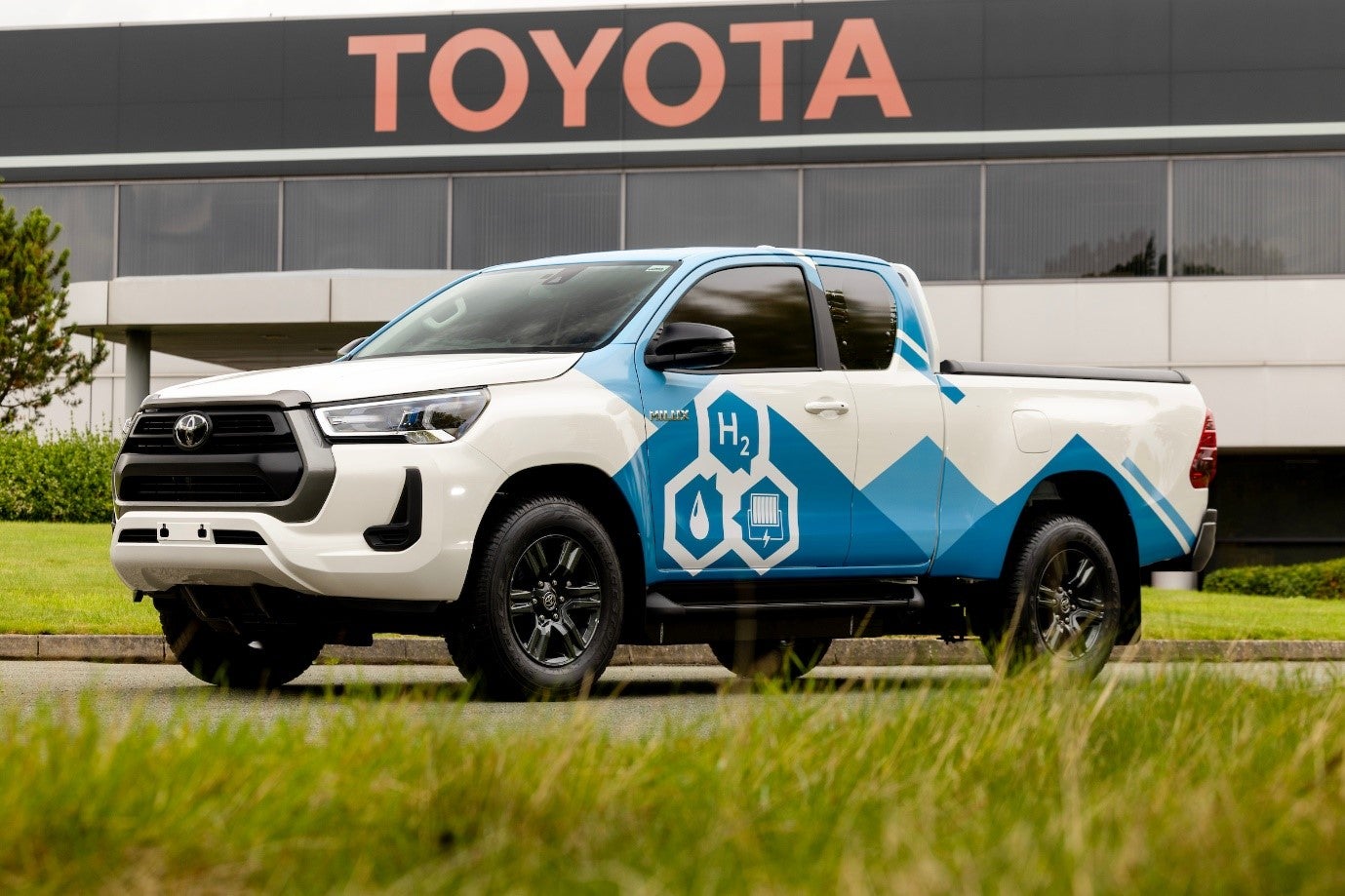
Interbrand has launched its Best Global Brands 2023 ranking, revealing many of the world’s top 100 brands are in a state of stagnation.
The rate of growth in the overall brand value of the table slowed sharply after last year’s significant increase, rising 5.7% this year compared to last year’s 16% increase, taking the total brand value to US$3.3 trillion ($3.1 trillion in 2022).

Discover B2B Marketing That Performs
Combine business intelligence and editorial excellence to reach engaged professionals across 36 leading media platforms.
Interbrand cites lack of growth mindset, weaker brand leadership and poor forecasting as behind the slowdown. This follows a longer term trend in which brands operating exclusively in one sector taking an incremental approach have experienced slower brand value growth.
Gonzalo Brujo, global CEO of Interbrand, said: “After a few years of strong brand growth, we have entered a period of stagnation, with this year’s table showing moderate growth in overall brand value among the world’s biggest brands.
“Businesses which have witnessed a rise in brand value, including Airbnb (#46), LEGO (#59) and Nike (#9) have all transcended their established category norms and play a more significant and meaningful role in society and consumer’s lives.
“As we continue to navigate economic and environmental headwinds, there is a need for improved business cases and better brand management to drive future investment and sustain growth within traditional sectors and beyond. Those who can successfully leverage their brand into new consumer pools of potential will reap the rewards of strong brand growth.”
More than two decades of analysis show companies that address a more diverse set of customer needs, often across sectors, continue to dominate the top of the table – making up almost 50% of the total value. Based on the data, these companies operating across several different verticals are more stable, achieve higher top-line growth, remain more profitable and benefit from a greater growth of brand value. For these companies, a focus on brand rather than product plays a greater role in driving choice (+12% vs average), meaning they can address more customer needs, within and across categories.
Manfredi Ricca, global chief strategy officer, Interbrand said: “A brand like Apple can no longer be ascribed to a sector. It competes across different arenas, helping its customers connect (the iPhone), but also thrive (the latest Apple watch was positioned as a health device), fund (its new savings account drew nearly $1bn in deposits in the first four days), and much more. Apple’s move across arenas has enabled it to hold the BGB top spot for the 11th year, having overtaken Coca Cola in 2013.”
Automotive (and luxury) witness strongest growth
Automotive brand value rose by 9% in 2023, with BMW (#10) entering the top 10 for the first time (#10). Porsche (#47), Hyundai (#32) and Ferrari (#70)all achieved a double digit rate of growth and accounted for three of the top five fastest growing brands.
Tesla held its position in the table this year (#12), but its rate of growth was the slowest among the automotive brands with its brand value increasing 4% compared to BMW and Mercedes which grew 10.4% and 9.5% respectively.
Toyota, ranked sixth, was the top auto brand, one place above Mercedes.
“Automotive brand top risers have increased scores across affinity, trust, presence and participation – key drivers of brand value – ultimately increasing their connection with customers,” said Greg Silverman, global director of brand economics at Interbrand.






